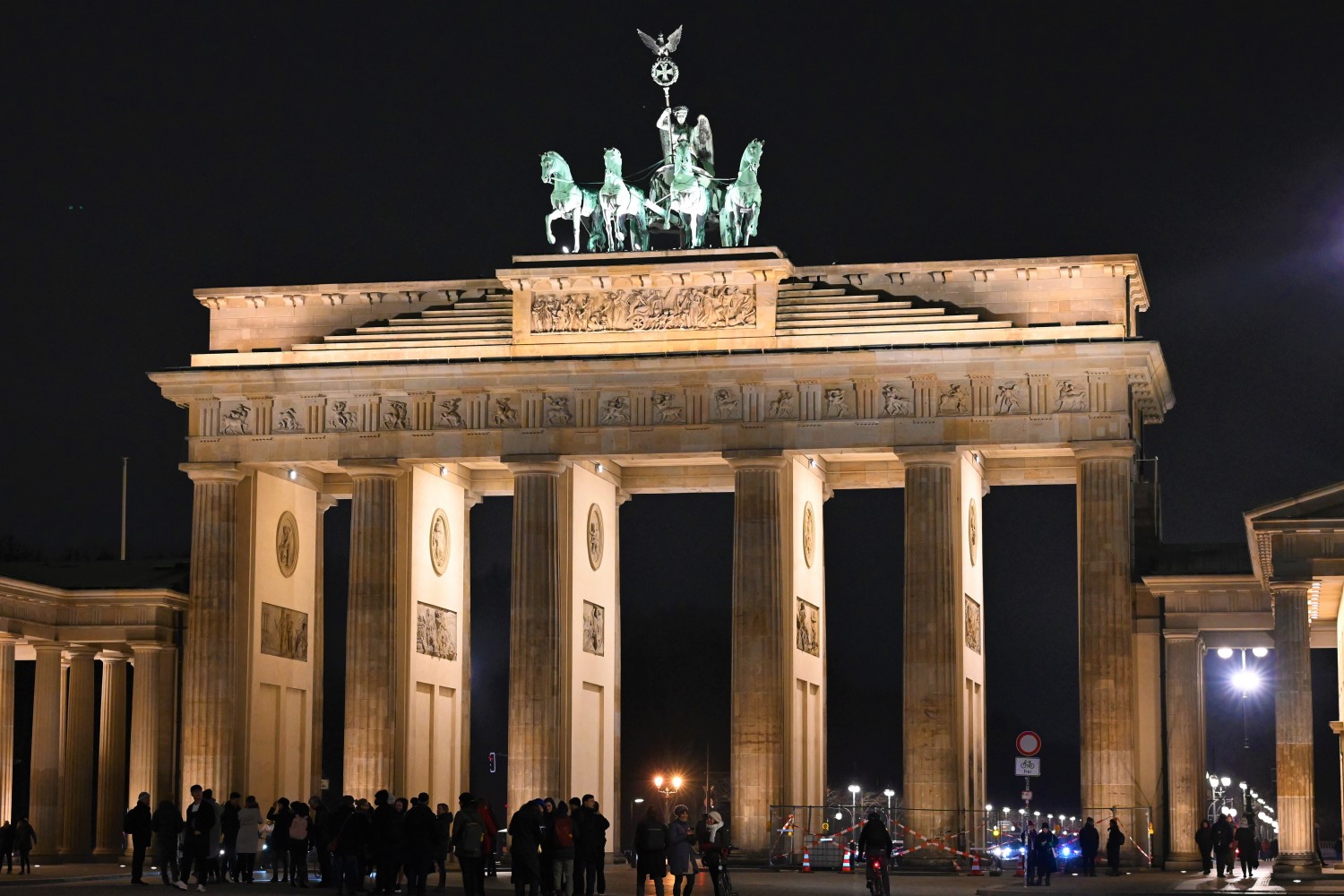Lezing en gesprek | Die blockierte Republik
Deutschland zwischen Vergangenheit und Zukunft
| Veranstaltung des Duitsland Instituut Amsterdam |
|
|---|---|
| Datum: | Montag 1 Dezember 2025 um 20:00 Uhr |
| Ort: | SPUI25, Spui 25-27, Amsterdam / Online |
| Information: | Voertaal: Engels. Aanmelden via spui25.nl |
| Zugang: | Gratis |
Populisme, migratie, economie, oorlog – waar gaat Duitsland naartoe? In zijn nieuwe boek 'Die blockierte Republik' neemt de Duits-Britse historicus Frank Trentmann de natie onder de loep. Hoe zijn we in deze crisis terechtgekomen en hoe komen we er weer uit? Frank Trentmann vindt antwoorden door terug te kijken naar de geschiedenis en verder te kijken dan de nationale grenzen. Op 1 december gaat hij in SPUI25 (Amsterdam) in gesprek met Hanco Jürgens (DIA).
De voertaal is Engels.
Trentmann highlights the strengths and weaknesses of democracy, the economy and German memory culture. He shows that the ageing of society and migration must be considered together and that distorted images of reality in the GDR and the Federal Republic contribute to polarisation in both the east and the west.
Trentmann analyses the causes of the current crisis from a historical perspective and at the same time looks ahead by pointing out opportunities for future change. Ultimately, the decisive factor will be what role Germany wants to play in Europe and the world.
His conclusion: we can expect more of ourselves and have more confidence in ourselves than we believe; the situation is serious, but not hopeless. What is needed is more courage to reform, more confidence and pragmatism. Change of direction means change of thinking!
About the speakers
Frank Trentmann is Professor of History at Birkbeck, University of London and at the University of Helsinki. He is the author of "Empire of Things" and "Free Trade Nation", among others, and has received several awards including the Humboldt Research Award and the Bochum Historians' Award. He grew up in Hamburg and lives in London.
Hanco Jürgens is a member of the academic staff at the Duitsland Instituut Amsterdam and a fellow at the Montesquieu Instituut. He teaches German and European history at the University of Amsterdam. Jürgens’ research focuses on the history of modern Germany in a European context. Currently, he focuses on the transformation of German society since the 1980s. He has published on a variety of topics, such as (the history of) Dutch-German relations, German EU-policy and the Franco-German relations.

